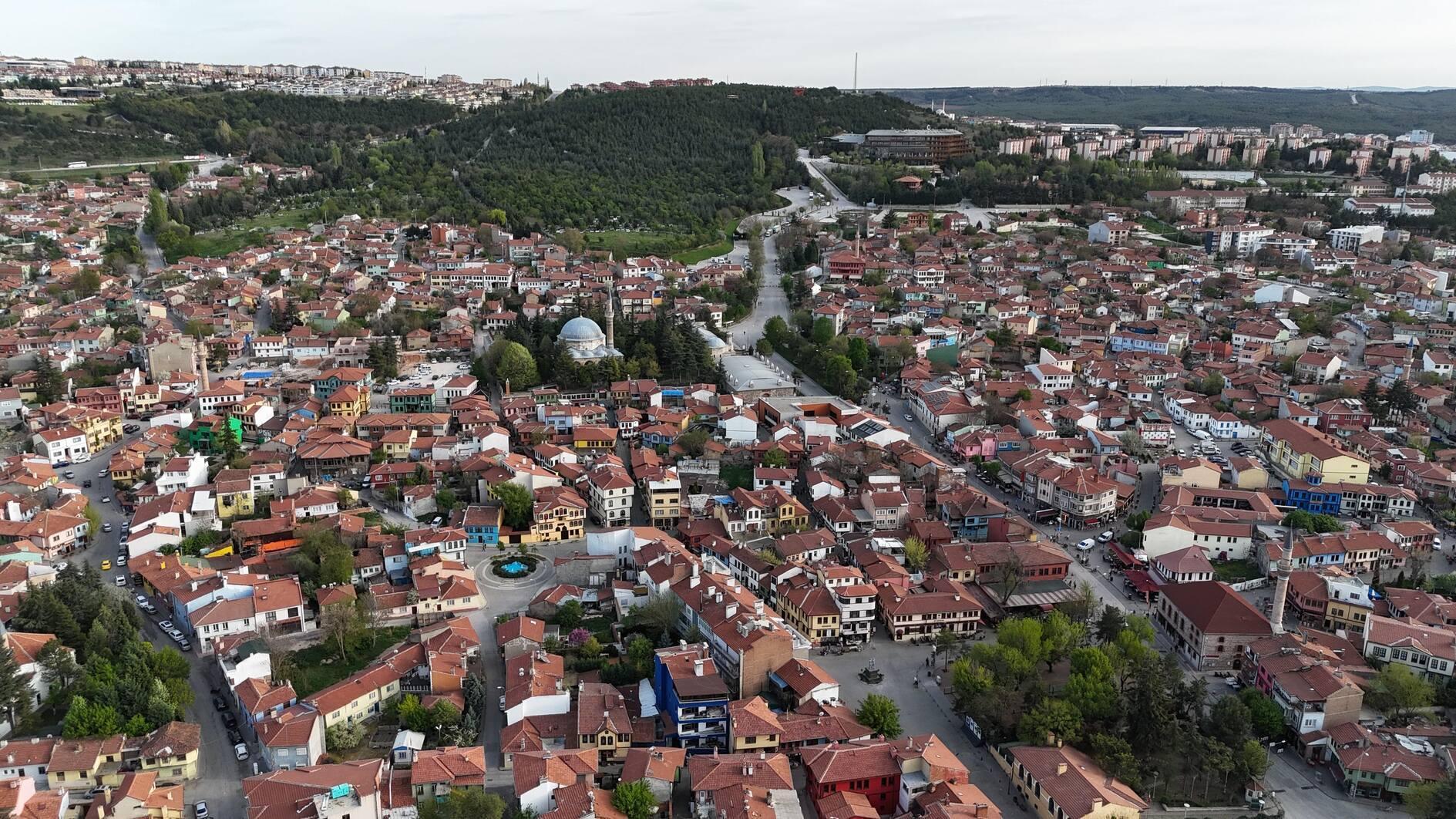What did Mustafa Koç leave behind?
The tragic death on Jan. 21 of leading businessman Mustafa Koç at the age of 55 shocked almost everyone in Turkey, regardless of their social or economic position. Indeed, Koç and members of his family managed to affect many lives in the country, directly or indirectly, over the years.
Koç had run Turkey’s largest conglomerate, creating over 10 percent of the national income and accounting for over 10 percent of Turkey’s total exports through more than a dozen Koç companies, five of which are among the top 10 companies in the country.
But there is more to the story.
The Koç Group was originally founded by Vehbi Koç, the grandfather of Mustafa Koç, in the first years of the Turkish Republic in 1920s. In his writings, Vehbi Koç often talks about how the group was created from nothing.
In almost all of his public speeches, Mustafa Koç underlined the importance of education to establish a better future for the country. Koç and his family have made significant investments to develop the system over the years.
As popular columnist Kadri Gürsel claimed earlier this week, Koç and his brother Ömer graduated from a public primary school in Istanbul, despite the fact that the family was already among the richest in the country at the time. In today’s Turkey, it is almost impossible to see the children of wealthier or even middle-class people in public schools, which unfortunately continue to suffer from low standards.
Turkey in 2015 ranked 72nd out of 188 countries on the Human Development Index (HDI), with a value of 0.761 putting it in the “high human development” category. Education and gender equality are the key areas that keep Turkey lagging behind in the HDI. In education, Turkey ranks 110th in terms of current schooling, with an average education duration of just 7.6 years. Turkey also comes 41st in terms of quality of education, according to a report by the Organization for Economic Cooperation and Development (OECD).
These inefficiencies have hit the country’s social wellbeing, as well as its economic performance and people’s hopes about the future.
Two particular initiatives of Koç and his family matter here. First of all, Mustafa Koç focused on vocational training across the country, both to create a qualified labor force across several sectors and to create jobs for many.
The “Vocational Education: A Crucial Matter for the Nation” project was initiated in 2006 with the collaboration of Vehbi Koç Foundation, the Education Ministry, and Koç Holding. In the project, companies were matched to vocational high schools providing education in their fields of business, in order to increase the employability of youngsters and also to contribute to the training of qualified workers needed by companies. The project has so far involved 264 vocational high schools and 8,000 vocational high school students, as well as 20 Koç Holding companies, according to company data.
The family also founded Istanbul’s Koç University to contribute to the education system. Koç University is now among the top higher education institutions in Turkey and has been named one of the world’s top 10 small universities.
These steps naturally progressed with Koç’s efforts to develop innovation in Turkey. One European investment banker once said that Turkey is not doing badly in terms of innovation, and named a number of companies that have topped the list for innovative practices. Not surprisingly, there were many Koç companies in the list. Just last year Mustafa Koç announced a series of new research and development investments in various businesses.
Meanwhile, a huge wave of sympathy grew for Koç among many in Turkey after the Gezi protests in summer 2013. In one incident during the month-long anti-government demonstrations, protesters attempted to escape police tear gas and batons by taking refuge in an Istanbul hotel, the Divan, owned by Koç. The hotel management welcomed the protesters into its lobby, which quickly turned into a makeshift first aid room. After these developments Koç remained silent, despite the fact that a number of his contracts were later canceled by the government.
So the third-generation member of this philanthropic and art-loving family left behind many warm feelings and solid educational and innovational steps. Mustafa Koç touched millions of people’s lives, which in today’s Turkey swing between hope and despair.











